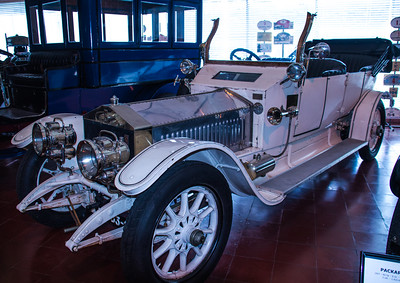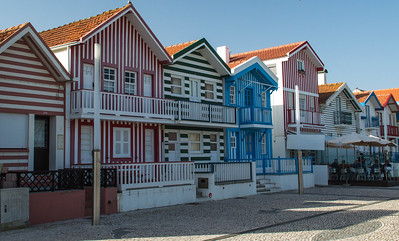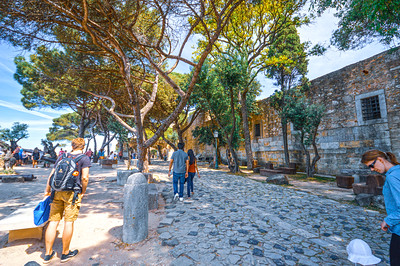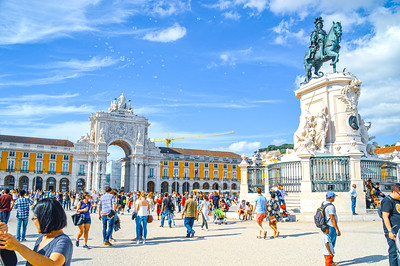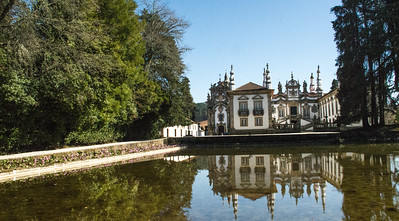About Portugal
Portugal, officially the Portuguese Republic is a country located on the Iberian Peninsula, in southwestern Europe, and whose territory also includes the Atlantic archipelagos of the Azores and Madeira. It features the westernmost point in continental Europe, and its Iberian portion is bordered to the west and south by the Atlantic Ocean and to the north and east by Spain, the sole country to have a land border with Portugal. Its two archipelagos form two autonomous regions with their own regional governments. Lisbon is the capital and largest city by population.
One of the oldest countries in Europe, its territory has been continuously settled, invaded and fought over since prehistoric times. The territory was first inhabited by pre-Roman and Celtic peoples who had contact with Phoenicians, ancient Greeks and Carthaginians. It was later ruled by the Romans, followed by the invasions of Germanic peoples and the Islamic invasion by the Moors, whose rule was eventually expelled during the Reconquista. Founded first as a county of the Kingdom of León in 868, gained its independence as the Kingdom of Portugal with the Treaty of Zamora in 1143.
By the early 19th century, the accumulative crisis, events such as the 1755 Lisbon earthquake, the country's occupation during the Napoleonic Wars, and the resulting independence of Brazil in 1822 led to a marked decay of Portugal's prior opulence. This was followed by the civil war between liberal constitutionalists and conservative absolutists over royal succession, which lasted from 1828 to 1834. The 1910 revolution deposed Portugal's centuries-old monarchy, and established the democratic but unstable Portuguese First Republic, later being superseded by the Estado Novo (New State) authoritarian regime. Democracy was restored after the Carnation Revolution (1974), ending the Portuguese Colonial War and eventually losing its remanent colonial possessions.
en.wikipedia.org





